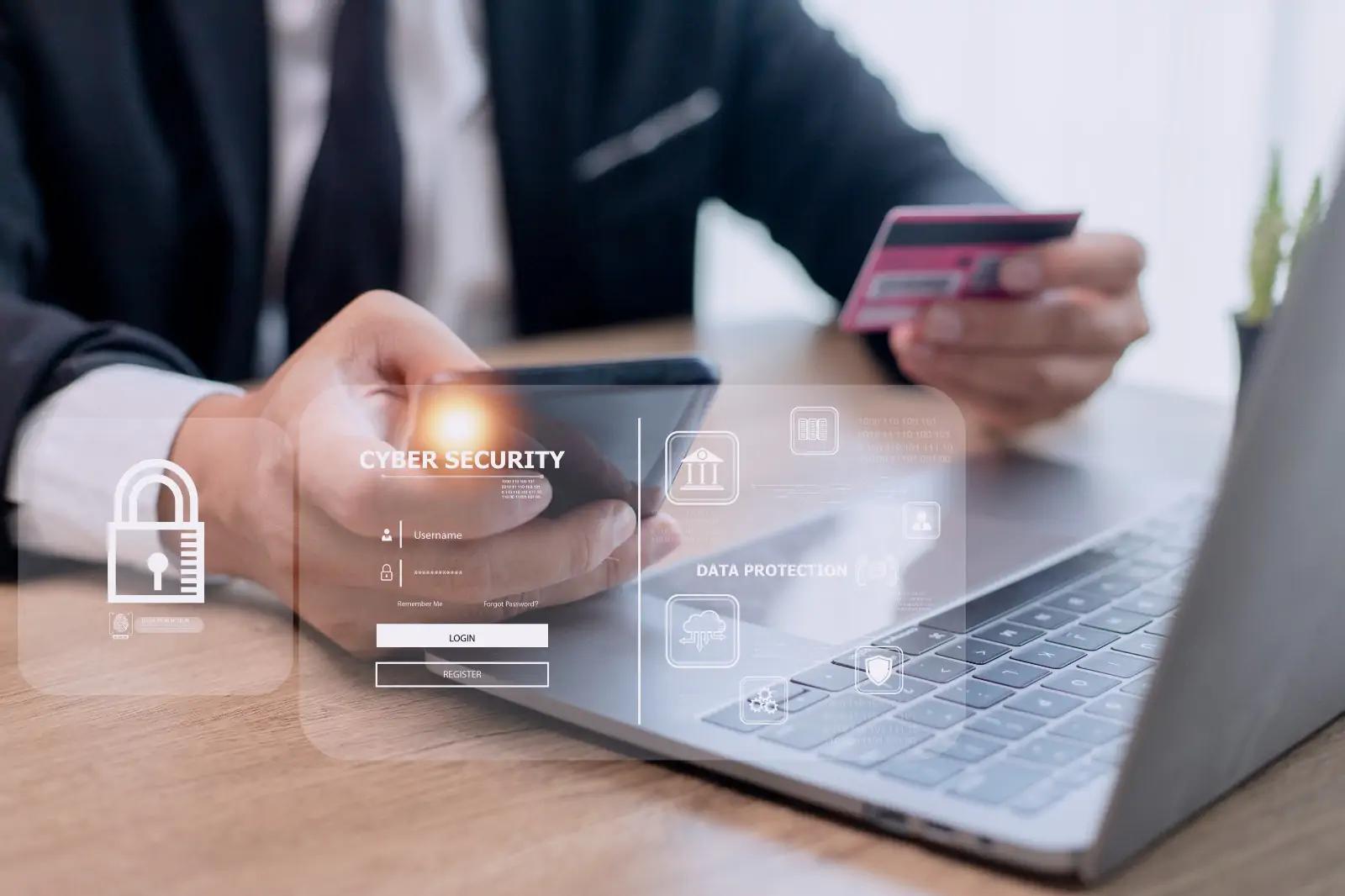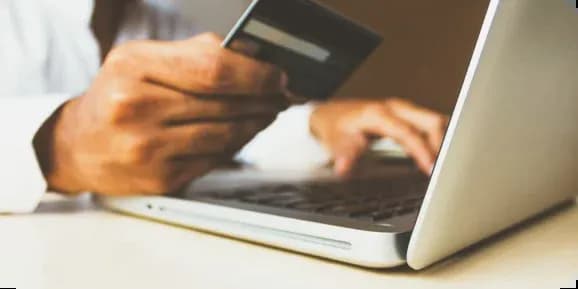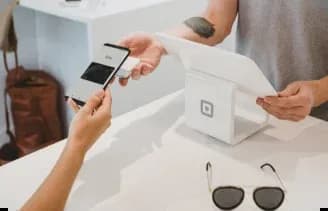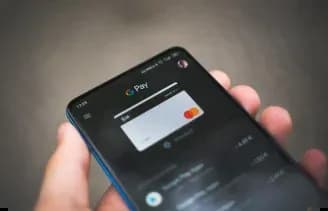Security of online payments in Tunisia: risks and precautions

Partager l‘article
With the advent of technology, online payments are becoming more and more popular in Tunisia. Whether to pay a bill, buy online or transfer money, many services today offer online payment methods. However, this can carry risks for consumers, who must exercise caution to avoid fraud and hacks. In this article, we'll look at the risks of online payments and how to avoid them.
What are the risks associated with online payments?
When you make a payment online, you may be exposed to several types of risks, including:
- Credit card fraud: fraudulent use of your bank card can cause considerable damage to your finances.
- Data hacking: Hackers can intercept your payment data and use it to carry out unauthorized transactions.
- Scam Websites: Scam websites may look like legitimate websites, but they are designed to steal your personal information.
How to recognize a secure website?
When making online payments, it is important to check that the website you are using is secure. Secure websites are equipped with an SSL (Secure Sockets Layer) certificate which guarantees the security of information exchanged between the website and your browser. Indeed, by checking the presence of an SSL certificate on the website, you can ensure that your personal and financial information is protected against hackers and fraudsters.
We can add that the SSL certificate allows the data exchanged between the website and the browser to be encrypted, making it practically impossible to intercept or decrypt. In addition, the SSL certificate also guarantees the authenticity of the website, ensuring that you are connecting to the site you want to use and not to a fraudulent or phishing site.
To check if a website is secure, you can check for the presence of “https” in the website URL. The “s” stands for “secure” and indicates that the website is equipped with an SSL certificate. On the other hand, you can also check for the presence of a small padlock in the address bar of the website. The padlock indicates that the connection between the website and your browser is secure and encrypted.
It is also important to note that some websites may display security logos, such as the “Verified by Visa” or “Mastercard Secure Code” logos. These logos indicate that the website complies with the security standards in force for online payments.
How to protect your personal information?

When making online payments, it is important to protect your personal information, especially your financial information. To do this, it is recommended to:
- Never communicate your personal information to third parties. You should avoid sharing your financial information with people you don't know or with untrustworthy websites.
- Change your passwords regularly. Passwords are the first line of defense against online fraud. By using complex passwords, containing numbers, letters and special characters, you can make it more difficult to access your online accounts.
- Avoid using passwords that are easy to guess, such as your date of birth or your name. Avoid using the same password for multiple accounts, as this can make it easier for scammers to take control of several of your online accounts at once. By using different passwords for each online account, you can limit the damage caused if an account is hacked.
- Be sure to follow the security instructions of your bank or online payment platform. Banks and online payment solutions often offer advice on how to protect your personal and financial information online. It is important to follow these tips to ensure the security of your online transactions.
How to secure your online payment?
To secure your online payments, the use of secure payment methods is essential. Bank cards are a popular and widely used payment method for online payments. Bank cards are often equipped with a microchip and a PIN, making them more difficult to clone or use fraudulently. Credit cards are also typically covered by fraud insurance, providing additional protection for consumers.
When using bank cards, it is recommended to use a secure online payment solution such as that offered by Konnect. Konnect offers a secure online payment platform that uses advanced security protocols such as SSL and TLS to ensure secure transactions. These security protocols encrypt payment data during transmission, making it virtually impossible to hack.
By using a secure online payment solution, you can also benefit from additional security features such as 3D Secure verification. This additional security feature requires additional authentication for online payments, such as entering a security code sent via SMS or email, to ensure the transaction is completed by the cardholder allowing you to keep an eye on their transactions and promptly report any suspicious transactions.
What to do in case of fraud?

In the event of fraud, it is important to react quickly by reporting the incident to your bank or online payment organization. Online payment providers often offer fraud insurance that allows you to get your money back in the event of fraud. To be eligible for this insurance, you will generally need to prove that you did not authorize the fraudulent transaction. To do this, you will need to provide documents such as bank statements, invoices or screenshots of the fraudulent transaction.
It is also important to note that the deadlines for reporting fraud may vary depending on online payment organizations and banks. In some cases, you may only have 24 hours to report the fraud. It is therefore important to check the conditions of your payment institution or bank to know exactly when you should report the fraud.
In general, online payment organizations and banks take fraud very seriously and put measures in place to help consumers recover their money in the event of fraud. However, it is important to take steps to avoid fraud in the first place, by using secure payment methods and verifying the authenticity of websites before making a payment there.
What are the best practices for securing online payments?
Here are some recommended practices to secure your online payments:
- Use a secure online payment solution: Secure online payment solutions offer advanced security protocols to ensure secure transactions.
- Check the authenticity of the website: Before making an online payment, ensure that the website is authentic by checking for the presence of an SSL certificate and a padlock in the address bar.
- Use secure bank cards: Bank cards offer a high level of protection against fraud and unauthorized transactions.
- Avoid public payments: Avoid making online payments from public computers or unsecured Wi-Fi networks
- Complex passwords: Use complex passwords for your online accounts and change them regularly.
Conclusion
Online payments are increasingly popular in Tunisia, offering convenient benefits for consumers and merchants. However, these payments carry risks. It is therefore important to be aware of these risks and take steps to protect your personal and financial information. By following security best practices, verifying the authenticity of websites and using strong passwords, you can minimize risks and make online payments securely.
Articles que vous pourriez aimer.
Certains de nos actualités brûlantes, lisez-les pour rester informé(e).
 Voir Plus
Voir PlusHow to choose an online payment solution?
More and more Tunisian consumers are shopping online and businesses must be able to offer online pay [...]
Ghofrane | 2024-02-20
 Voir Plus
Voir PlusHow to create a secure payment link for your online transactions?
In the world of online commerce, offering a secure payment solution is essential to gaining customer [...]
Ghofrane | 2024-02-20
 Voir Plus
Voir PlusHow does a secure payment link work in Tunisia?
Are you looking to transact securely online? then you may have heard about secure link payment metho [...]
Ghofrane | 2024-02-20


